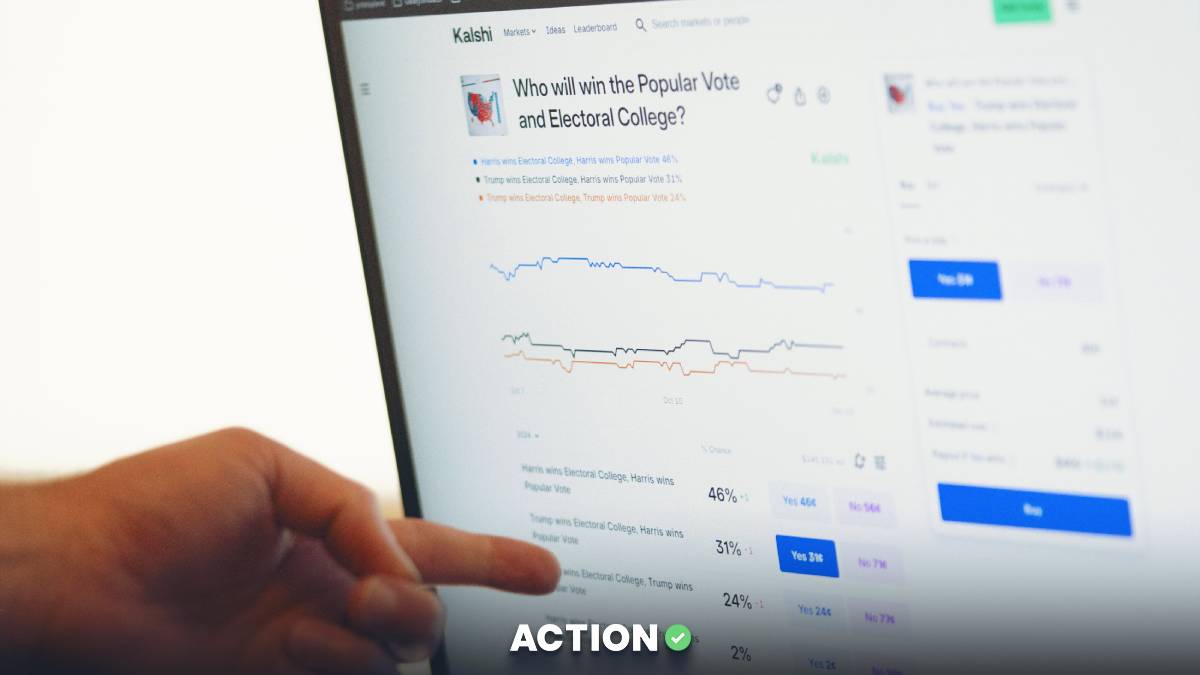For the second time this summer, an academic study has been published which asserts that legal sports betting has a disproportionately negative impact on lower-income households.
Published on July 9, the study’s five authors — two apiece from the University of Kansas and Brigham Young University, and one from Northwestern — analyzed consumer data from more than 230,000 households since PASPA’s repeal in 2018. Here, they found that widespread legalization has led to “substantial increases in sports betting that do not come at the expense of reduced gambling or other consumption spending.”
Instead, bettors tend to use money they would otherwise invest in traditionally safer financial products (stocks, bonds, etc.) to wager on sports.
“A rough quantification of the casual effect of sports betting on investor behavior suggests that $1 of betting reduces net investment by just over $2,” read the study, which concluded that legal sports betting has led to a 14% reduction in net investments since 2018.
Moreover, the study’s authors found that sports bettors didn’t reduce spending on other forms of gambling, such as the lottery, and actually increased expenditures on “complementary goods” like restaurants and cable television.
‘Lasting deterioration’
As with a previous study conducted by three collegiate researchers from Southern California, the July study found that sports betting has adverse effects on consumer credit — especially among more financially constrained households.
“Sports betting exacerbates the financial constraints of households already operating with less flexibility,” the study states. “The reduced payments towards credit card bills, coupled with rising debt levels, indicate that these households are not merely shifting funds from one type of entertainment to another but are instead becoming more indebted to fund an addictive losing proposition.
“Overall, our results suggest that sports betting leads constrained households to use would-be savings and debt to reduce investments and increase spending on complements to gambling, likely leading to a lasting deterioration in their longer-term financial health.”
For more on responsible gaming news and education, check out our responsible gaming hub.























































